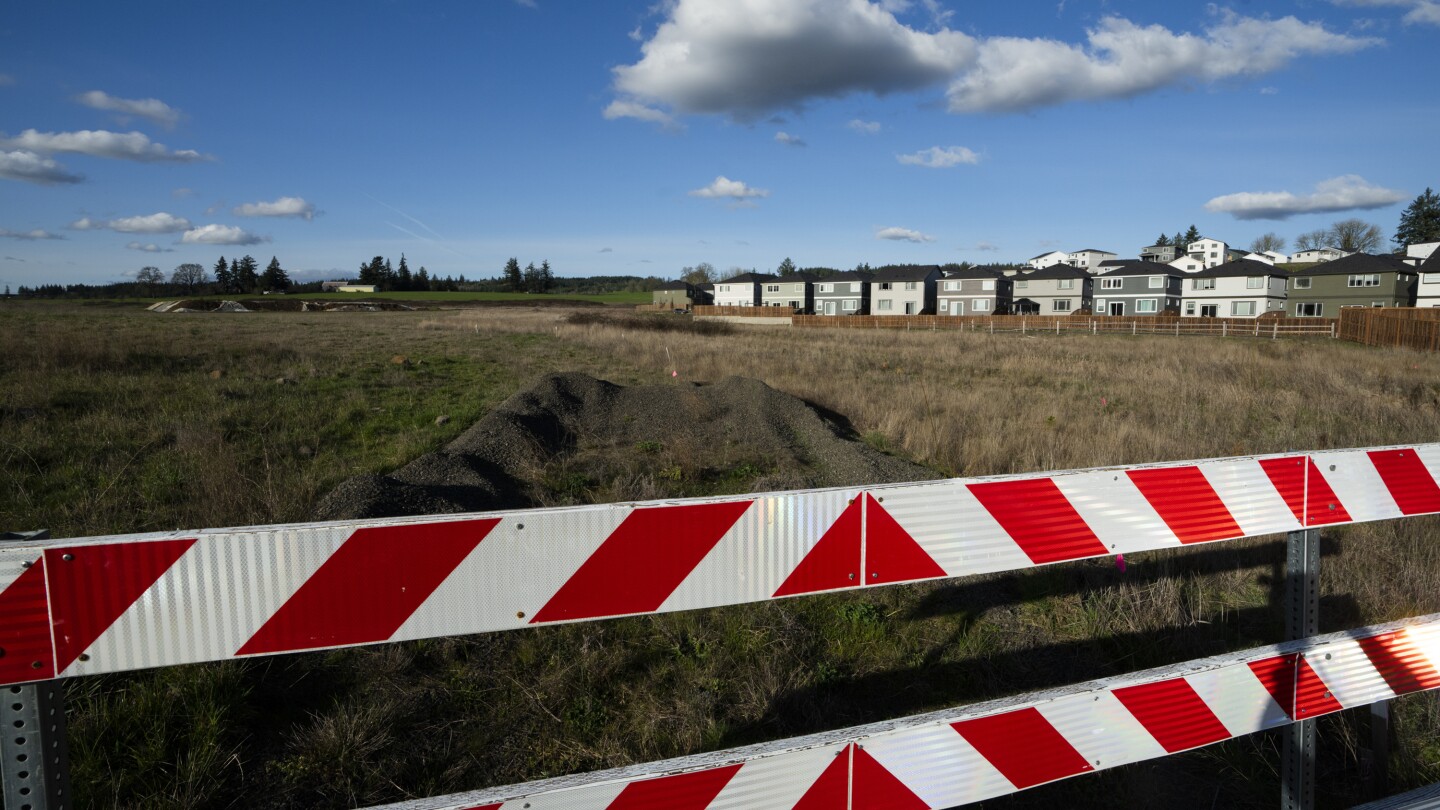A severe lack of affordable housing has prompted Oregon lawmakers to consider chipping away at a 1970s law that made the state a national leader in leveraging land use policy to prevent suburban sprawl and conserve nature and agriculture.
The so-called urban growth boundary, a sacred cow of Oregon’s liberal politics, helped to cement the state’s green reputation and has been “extremely influential” in its development, said Megan Horst, an urban planning professor at Portland State University.
“I can’t overstate it,” she said of the half-century-old law. “All that farmland would likely be a sea of strip malls and subdivisions, as they are pretty much anywhere else in the country.”
But interconnected homelessness and housing crises have forced exceptions to be considered by lawmakers, including Democrats who have historically defended the landmark policy.



There are 18,000 people homeless in Oregon and 1,500,000 empty bedrooms in Oregon.
This isn’t about helping homeless people, or assisting people who struggle with housing. It’s about legislatures giving into the real estate markets need for constant expansion with the least risk and greatest profit.